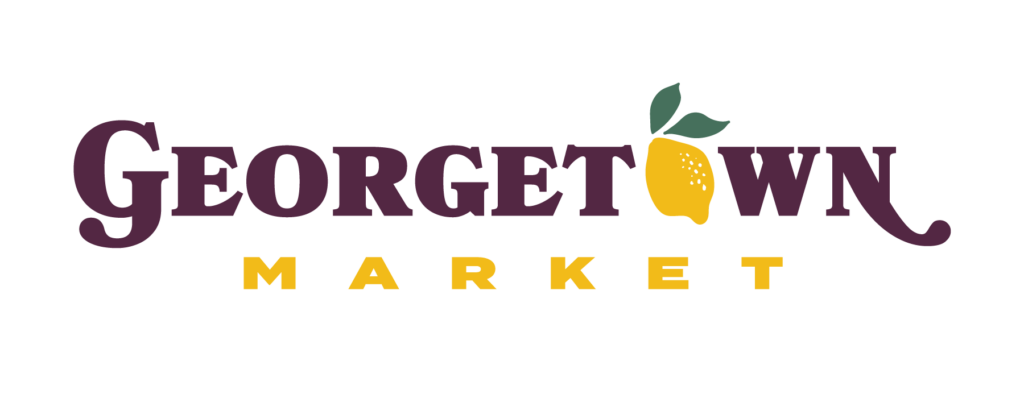We are currently living in a time where there is a need for the medical establishment to move beyond what it is currently capable of. Improvements in sanitation have shifted the previous dominance of acute conditions to that of chronic pathologies. In addition, people are living longer and are therefore dying of chronic complications. This has been a noted weakness of Western Medicine whose primary care is well suited to acute pathologies. Various alternative modalities have been suggested to help fill in the gaps for patients suffering with chronic conditions. One such modality is Functional Medicine.
Functional Medicine is an approach to healthcare that focuses on addressing the root cause of illness through individualized therapies. Each of us are biochemically individualistic and therefore require a patient centered vs. disease centered approach. Therefore genetics, dietary history, environmental exposures, lifestyle, and many other factors are taken into consideration when approaching a client’s health. It is not uncommon for a Functional Medicine Practitioner to use dietary, supplemental, and herbal interventions to address core imbalances in a client. They may be able to even order and interpret various lab results to get to the bottom of what’s going on.
However, this field is not without its pitfalls. Many practitioners fall into what is now being referred to as “Green Allopathy” in which the client is put on a countless different supplements. Not only does this make it hard to determine what is actually working but it also drains the client’s income. I have talked to numerous individuals who have spent their life’s savings on supplements and protocols that their alternative practitioner recommended.
So, where do you begin if you want to see a Functional Medicine Practitioner but don’t want to sacrifice your arm and leg to expenses? To begin with, ask your practitioner a few questions. See if their training in Functional Medicine was a few online webinars or an actual program. The more uncomfortable a practitioner is with alternative modalities, the more likely they are to rattle off a vast list of various supplements for you to buy. Also, ask them if they are open to trying dietary or herbal therapies before supplementing. Food and herbs are relatively inexpensive when compared to a box of pills, not to mention more energetically alive. What we do day to day amongst our lifestyle habits are more likely to dictate our health outcomes than the costly protocols we buy from practitioners and companies.
In closing, Functional Medicine is a wonderful modality that sees the client in a more wholistic way. It melds modern science with the traditional knowledge inherent in our food and herbs. Make sure to be picky, ask questions, and protect your pocketbook before moving forward.
Thanks for reading,
Aron McNicholas
Community Herbalism/Functional Medicine


